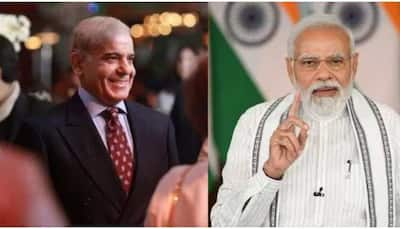AI Will Impact GDP Globally: A Take on Mistral’s CEO’s Prediction
Imagine a world where every country’s economy gets a seismic boost—not from oil or trade wars, but from the quiet hum of artificial intelligence weaving its way into our daily lives. That’s the vision Arthur Mensch, CEO of the French AI startup Mistral, laid out in a recent episode of the A16z podcast on March 20, 2025. His prediction? AI will impact GDP of every nation by double-digit percentages in the coming years. As I sit here, sipping my coffee and reflecting on this, it’s hard not to feel a mix of awe and curiosity. This isn’t just a cold corporate forecast—it’s a glimpse into a future where technology could lift us all, if we play our cards right.
Mensch isn’t tossing out numbers for shock value. He’s drawing a line from history to tomorrow, comparing AI’s potential to the way electricity rewired the world a century ago. Back then, nations that built power plants thrived; those that didn’t ended up buying juice from their neighbors, tethered by dependency. “AI will impact GDP in a similar way,” he argues, suggesting that countries without their own AI infrastructure might see wealth flow outward, leaving them scrambling to catch up. It’s a sobering thought—my cousin in a small town could be affected as much as a city exec, all because of decisions made continents away.
What does this mean for us, the regular folks? I think of my friend Priya, who runs a little textile shop. If AI will impact GDP as Mensch predicts, her business could tap into smarter tools—maybe an AI that predicts trends or optimizes her supply chain. Suddenly, she’s not just surviving; she’s thriving. Multiply that by millions, and you’ve got an economy humming at a whole new pitch. Mensch’s point is that AI will impact GDP not just through big corporations but through countless small ripples—productivity boosts, new jobs, maybe even entire industries we can’t yet name.
But it’s not all rosy. I’ve seen the posts on X—some cheer the idea, others scoff, wondering how AI will impact GDP so dramatically when today’s models still stumble over basic tasks. Mensch counters this with a quiet confidence, rooted in Mistral’s work on large language models like “Le Chat.” He’s betting on an open-source revolution, where labs worldwide build on each other’s breakthroughs, spinning an “open flywheel” of innovation. It’s a human story, really—scientists, dreamers, and coders passing the baton, hoping AI will impact GDP by lifting everyone, not just a few tech giants.
Still, I wonder about the flip side. My neighbor, a truck driver, worries about automation stealing jobs. If AI will impact GDP by double digits, will it leave people like him behind? Mensch doesn’t dodge this—he admits nations need to invest now, or risk dependency on AI powerhouses like the U.S. or China. It’s personal for him, too; leading a $6.2 billion startup, he’s pushing Europe to stake its claim before the gap widens. I can almost hear the urgency in his voice, picturing him pacing as he warns, “If you’re not building, you’re buying.”
The numbers back him up, sort of. Goldman Sachs pegged AI investment at $200 billion globally by 2025, a drop in the bucket compared to a potential $15.7 trillion GDP boost by 2030, per PwC. If Mensch is right, and AI will impact GDP at this scale, we’re on the cusp of something bigger than electricity—something that could touch every corner of my life, from how I work to how my kids learn. It’s daunting, but there’s hope there, too. Maybe this is the spark that pulls struggling economies up, or gives underdogs a shot at the big leagues.
As I finish writing this, the sun’s dipping low, and I’m left with a question: Are we ready? Mensch’s prediction that AI will impact GDP by double digits isn’t just a stat—it’s a call to action. It’s about people—me, you, Priya, my neighbor—navigating a world where AI could be as common as the light switch. Whether it’s a boon or a burden depends on what we do next. For now, I’ll keep an eye on Mistral and hope they’re right—that AI will impact GDP in ways that don’t just grow economies, but grow us, too.











